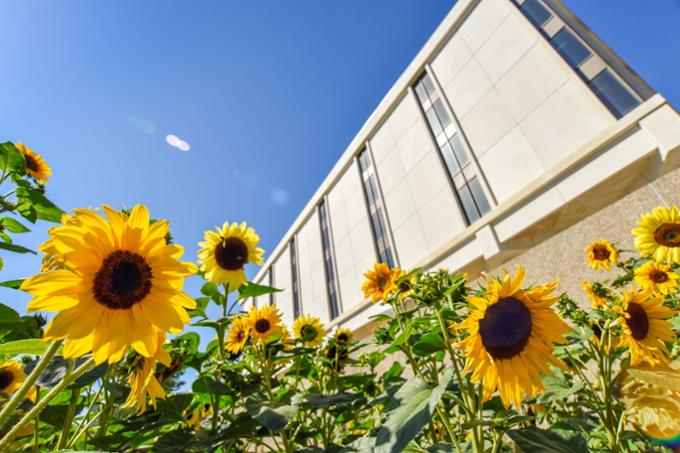
Travelling to Canada
Preparing for Your Journey
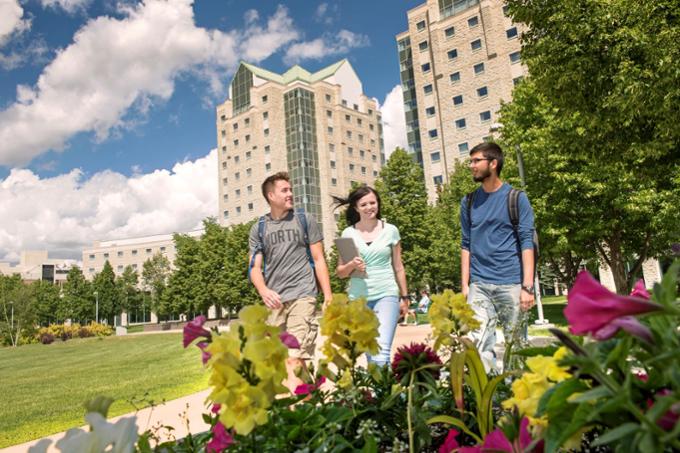
We look forward to welcoming you to campus!
Travelling to Canada to pursue your studies is an exciting adventure and our team of advisors are here to support you in your preparations. Whether you are a new student or are returning to Canada after a trip back home, we’ll provide guidance and expertise to ensure your travels go smoothly!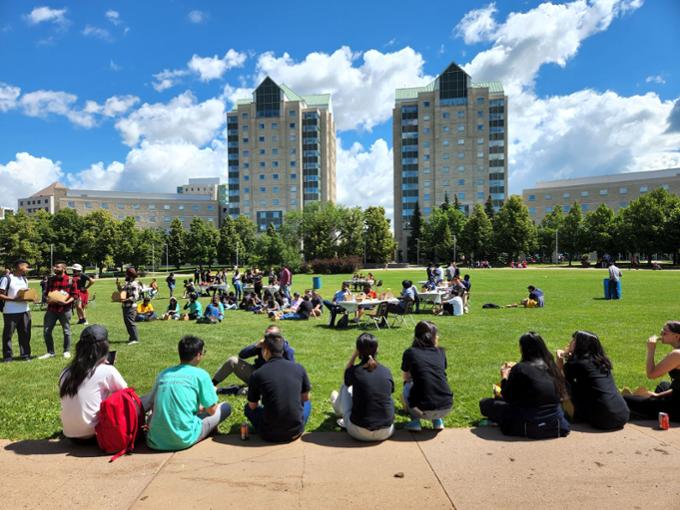
Travel Guide for New Students
New students who are planning to travel to Canada to study for more than six months must ensure they have a Letter of Introduction to present to the Canada Border Services Agency (CBSA) officer upon arriving at the Port of Entry (POE). Your study permit will be issued to you at this point during your travels. Undergraduate and graduate students who want to gain work experience while completing their studies should mention this to the officer to ensure the applicable work authorization is printed on their permit. You will need this work authorization printed on your study permit in order to obtain a Social Insurance Number (SIN).
Exchange students who will be studying in Canada for less than six months can enter Canada using their valid visa or eTA.
Pre-Arrival Information
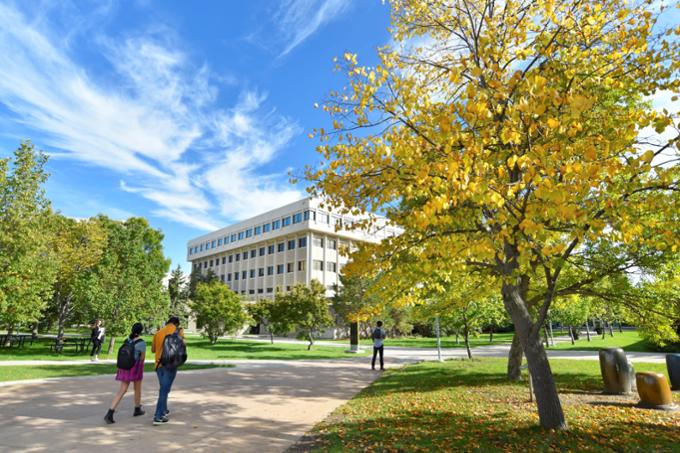
Your Study Permit is Approved
Once your study permit application is approved, you will either be requested to submit your passport to the Visa Application Centre for further processing, after which you will receive both your passport with the visa inside and your Letter of Introduction, or you will directly be issued your Letter of Introduction. Your procedure will depend on whether you are coming from a visa-required country or visa-exempt country.
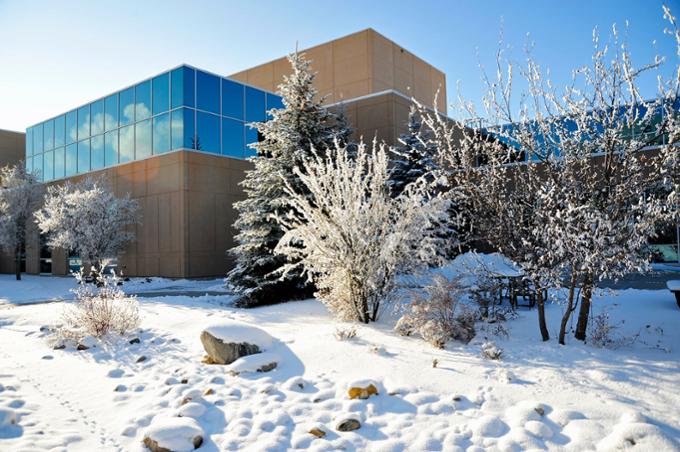
Determine When to Travel
While making your travel arrangements, ensure to review IRCC's Prepare for Your Arrival information. This guide will help you to understand what to expect while you travel and what documents you should bring with you. Avoid booking any flights before you receive your Letter of Introduction and take note of when your classes start. You should plan to arrive around two weeks in advance so you can settle in.
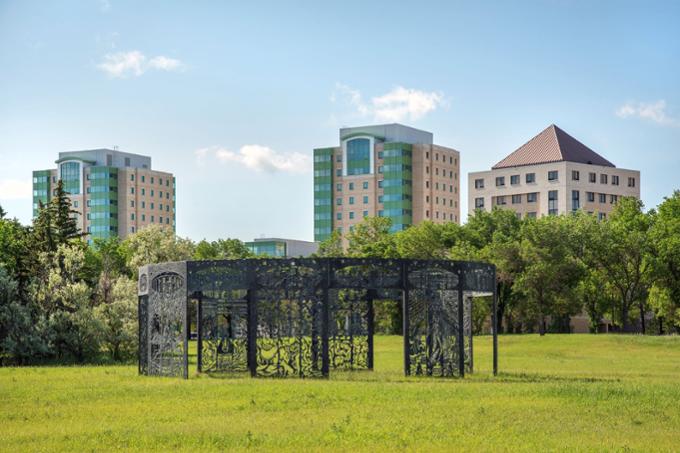
Medical Insurance
When travelling, it’s crucial to have medical insurance or coverage from a reputable organization in the event of any emergency situations. Plan to arrange your insurance so that it covers you for at least the first three months that you are in Canada. This will allow you time to apply for the Saskatchewan Health Card and learn about medical insurance through the University of Regina Students’ Union.
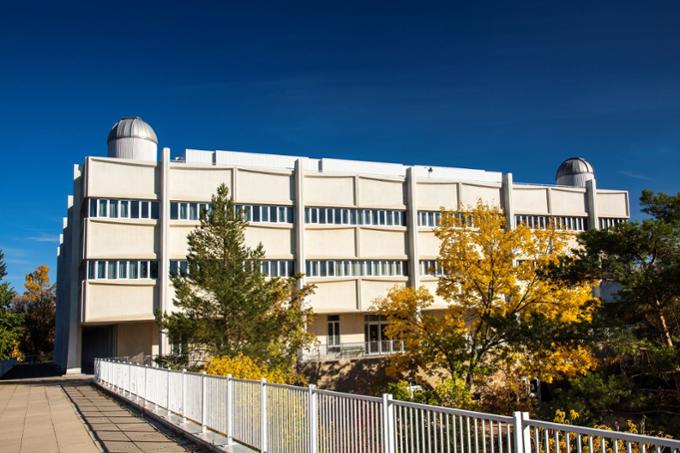
Documents to Bring
There are several important documents we recommend to bring with you when preparing to travel to Canada. Make sure to have printed copies of these documents to present to the CBSA officer when you arrive at the Port of Entry (POE), but also have them saved electronically for safe keeping.
- Passport with your Entrance Visa
- Letter of Introduction
- Provincial Attestation Letter
- Valid Letter of Acceptance
- Confirmation of Enrolment
- Original Academic Transcripts

Plan Your Luggage
Regina has many amenities and services to help you settle in your new home, which means you can focus on packing essential items, such as Canada-approved prescription medications and medical equipment, important documents, smaller electronics, clothing, toiletries, and a few items to make you feel at home. You can buy furniture, cookware, bedding supplies, and other housewares at local shopping centres once you arrive.
If you're planning to bring health products, such as medication or medical devices, ensure to review Health Canada's information sheet about regulations and best practices to keep in mind.
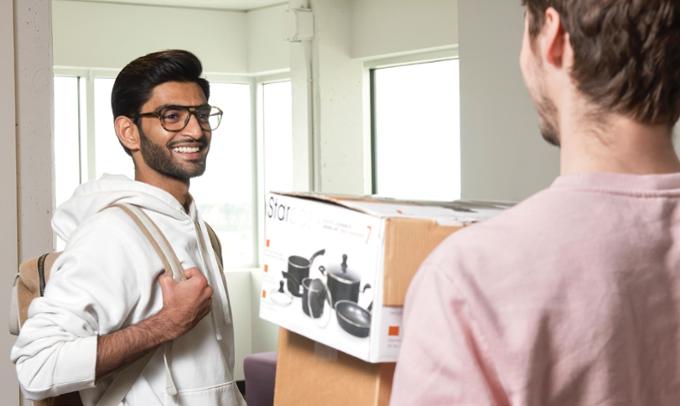
Travelling to Regina
Once you confirm your flight details, have a close look at your itinerary and make a note of the different stops you'll make along the way. An important detail to be aware of is that you will land at another airport in Canada before travelling to Regina - this is called the Port of Entry (POE). It's at this location that you'll meet with a CBSA officer who will process the remaining details of your study permit application. Once your study permit is officially processed, check for any errors on your document and have the CBSA officer correct them, if needed. If the information is accurate, you'll be directed to take your connecting flight to Regina.
Post-Arrival Information
We are thrilled to welcome you to your home away from home! Regina offers our students a comfortable lifestyle while providing comprehensive supports and services. To learn more about our city, province, and preparing for life post-arrival to Canada, click the link below!
Travel Guide for Returning Students
Welcome back! Since you have already been studying inside Canada, the process to return is much more simple. The documents listed below are recommended to bring with you when you travel, so plan to have paper copies of them. If any of your immigration documents will be expiring soon or if you have trouble accessing certain recommended documents, please connect with our team as soon as possible.
Also note that the Canada Border Services Agency (CBSA) officer may ask you questions about why you left Canada and what your intentions are coming back. You may need to bring additional supporting documents with you to meet the eligibility criteria to re-enter the country.
As with any type of travel, remember to have valid medical insurance!
Recommended Documents to Bring when Travelling
Valid Study Permit
Valid Passport
Valid Entrance Visa or eTA
Confirmation of Enrolment
Unofficial or Official Transcripts
Other Supporting Documentation
International Student Services
College West 109
University of Regina
3737 Wascana Parkway
Regina, SK S4S 0A2
Email: International.StudentServices@uregina.ca
Phone: +1(306) 585-5082
